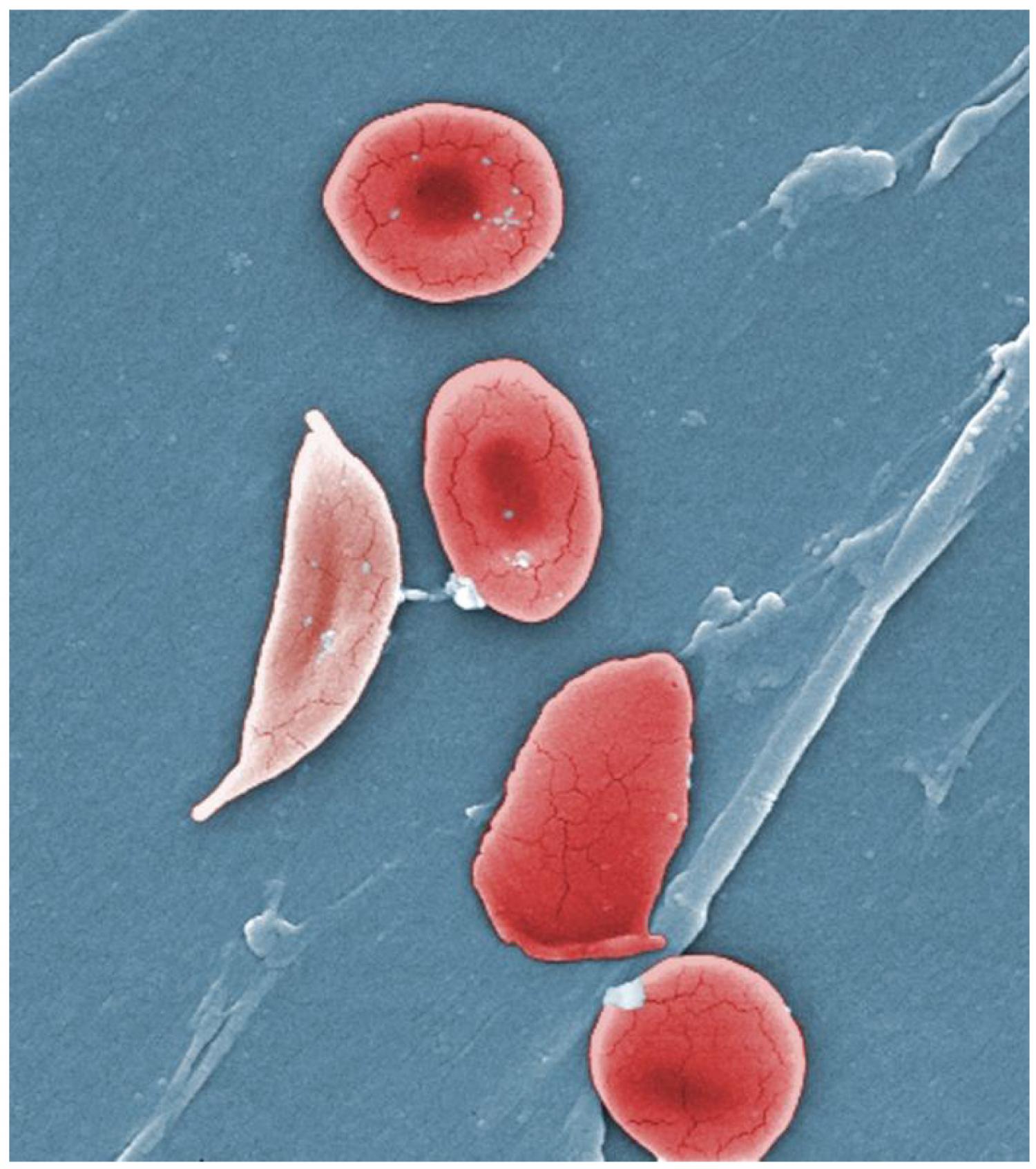For the first time, researchers have linked specific frequent defects in sperm to risk of pregnancy complications and negative impacts on the health of the baby. The study from Lund University in Sweden shows that high proportion of father’s spermatozoa possessing DNA strand breaks is associated with doubled risk of preeclampsia in women who have become pregnant by IVF. It also increases the risk of the baby being born prematurely.
Infertility is a growing problem and the number of in vitro fertilisation procedures is increasing rapidly. It is already known that women who become pregnant by assisted reproduction techniques have an increased risk of preeclampsia, repeated miscarriages and the baby being born prematurely and with a lower birth weight. Yet, the reasons behind this have not been fully understood.
“Before a planned in vitro fertilisation, the man’s sperm sample is analysed for concentration, motility and morphology. But there are men who, according to this analysis, have normal sperm, but still have reduced fertility,” says Amelie Stenqvist, lecturer at Lund University. She received her PhD from Lund and now works as a specialist in gynaecology and obstetrics at Skåne University Hospital in Malmö.
Around 20-30 per cent of babies born through in vitro fertilisation have fathers with damaged DNA in their sperm, as shown by elevated levels of DNA fragmentation. The DNA fragmentation index (DFI) is a measure of the amount of strand breaks in the DNA and is used to provide important new information about male fertility. Sperm with DNA damage may still be fertile, but the chances of fertilisation are lower and if the percentage of DFI exceeds 30 per cent, the chances of natural conception are close to zero.
Although current in vitro techniques mean that men with a high DFI can become fathers, until now very little has been known about the impact of DNA fragmentation on pregnancy and the health of the baby. It has been difficult to research the topic because the DFI value is not included in the standard measurements currently taken by Sweden’s fertility clinics. It also requires a large study population and access to national medical registries.
“Since half of the placenta’s DNA comes from the father and placental development and function play a central role in preeclampsia, we wanted to investigate whether a high percentage of DNA damage in the sperm affected the risk of preeclampsia,” says Aleksander Giwercman.
He is a professor of reproductive medicine at Lund University, a consultant at Skåne University Hospital in Malmö and one of the researchers behind ReproUnion**. Aleksander Giwercman also led a research study that included 1,660 children conceived through IVF and ICSI at the Reproductive Medicine Centre in Malmö over the period 2007-2018*.
The results showed that in the 841 couples who underwent IVF, a DFI of over 20 per cent doubled the risk of the woman developing preeclampsia (10.5 per cent) and also increased the risk of premature birth. In the IVF group with a DFI below 20 per cent, there was a 4.8 per cent risk of preeclampsia, which is comparable to pregnancies that occur naturally. For couples undergoing ICSI, there was no association with preeclampsia.
“Today, DFI analysis is only performed at some fertility clinics in Sweden, but we think that it should be introduced as standard at all clinics. It can give couples answers as to why they are not getting pregnant and can influence the chosen method of assisted fertilisation. Not only that, our latest results show that a DFI analysis could be used to identify high-risk pregnancies,” says Aleksander Giwercman.
What makes this finding even more interesting is that high DNA fragmentation in sperm is linked to the overall health of the father and is potentially treatable. Most DNA damage is caused by oxidative stress, which is an imbalance between harmful molecules and the antioxidants that protect cells. Other factors that increase DNA fragmentation include the man’s age, smoking, obesity and infections.
“The next step is to identify which group of men respond best to methods to prevent and treat sperm DNA damage, and to test these methods to prevent pregnancy complications,” concludes Amelie Stenqvist.

